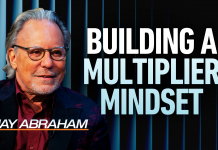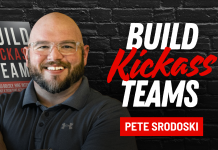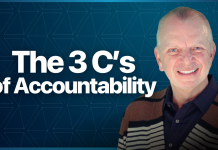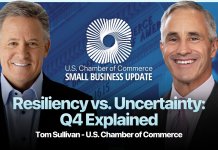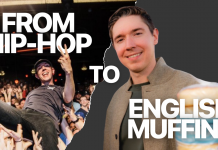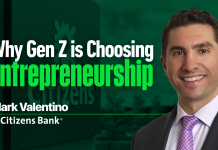You’re likely familiar with dating apps like Tinder, Bumble, and Hinge. While these platforms have revolutionized the dating scene, they often fall short of accommodating the unique experiences of the disabled and chronically ill. Enter Dateability—a groundbreaking dating app designed to create an inclusive space for everyone. On today’s episode of The Small Business Show, we’re thrilled to be joined by Jacqueline Child and Alexa Child, the Co-Founders and Co-CEOs of Dateability, to discuss their mission and the impact of their innovative platform.
Key Takeaways
1. Jacqueline Child’s personal experiences as a disabled woman navigating the dating world inspired the creation of Dateability. She faced significant stigma and discrimination, which highlighted the need for a dating platform catering specifically to the disabled and chronically ill community.
2. Jacqueline and Alexa Child, sisters and Co-Founders of Dateability, leveraged their unique perspectives and skills to launch the app. Alexa, motivated by her protective instincts and problem-solving nature, saw an opportunity to create an inclusive space that didn’t exist.
3. The founders faced significant financial challenges, including limited venture capital funding for disabled and female entrepreneurs. They overcame these hurdles through sweat equity, discounts from supportive collaborators, personal savings, and angel investors.
4. Dateability stands out with its inclusive features like the “Dateability Deets” profile section, which allows users to disclose disabilities neutrally. The app also includes image descriptions for profile photos and a web browser version, making it more accessible to a wider audience.
5. The founders envision Dateability becoming a household name and an international platform within five years. They aim to foster a global community and integrate various facets of life, such as travel and dining, to create a comprehensive support system for the disabled and chronically ill.
"Creating Datability was born out of my personal experiences and the realization that society often views disabled individuals as broken and unworthy. We wanted to create a safe and inclusive space for people like me to find meaningful connections." – Jacqueline Child


